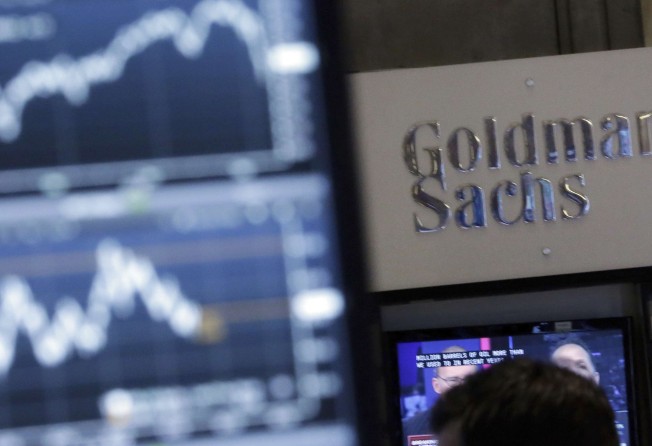Goldman wins its Libyan defence, but one has to question what price its reputation?
Today’s compliance environment demands more than static due diligence

It is easy to look at the financial world today and see nothing but a spiral of disorder, dysfunction and decline perpetuated by bankers who preside and profit over controversy after controversy.
Last week, Goldman Sachs won a $1 billion lawsuit brought against it by the Libyan Investment Authority (LIA). It is a sovereign wealth fund set up by former dictator Muammer Gaddafi with $65 billion of assets under management.
The case was based on LIA’s claims that Goldman took advantage of its lack of investment knowledge and experience and pushed it into risky derivative trades in 2007 and 2008. The US bank allegedly made $200 million in profits while the LIA lost its entire $1.2 billion investment.
Clients that claim they “didn’t know” about a trade, or “DK-ed” about why an investment was made on their account – especially when money is lost, will always be a source of disputes.
After all the wining and dining, individual and institutional clients always want to go to heaven, but are afraid to die.
In her ruling, Mrs Justice Rose completely dismissed the LIA’s claims that Goldman unduly influenced the wealth fund. She also dismissed claims that the LIA did not comprehend the nature of the disputed trades. “I find that there was no protected relationship of trust and confidence between the LIA and Goldman Sachs,” she said.
“Their relationship did not go beyond the normal relationship that grows up between a bank and a client.” She also added that the level of profits made by Goldman on the nine trades was not “excessive”, considering the amount of work and resources applied.
It appears the LIA made a fateful decision to take long exposure to financial stocks before the 2008 financial crash. Ultimately, that was what killed their investment.
Outsiders wonder how Goldman makes so much more money and pays its people so much better than its competitors. Two explanations come to mind. One is client service. It means they serve you very well, but that doesn’t necessarily mean that they are serving your best interests all the time. The second is that its culture stresses, as someone said to me, “trading on the edge”.
That edge is to maximise profitability with the potentially most profitable clients. And the biggest profits are often made servicing sovereign clients who have money (LIA) or have reputations or shortcomings that impair their ability to raise money.
Earlier questions, remember, have also been raised about Goldman’s previous relationship with the prime minister of Malaysia, Najib Razak. The US authorities have accused Najib and people close to him of embezzling billions of dollars from Malaysia’s state investment fund, 1Malaysia Development Berhad, or 1MDB.
Today’s compliance environment demands more than static due diligence. Dealing with clients like LIA and 1MDB may be legal, but they carry profound reputational risk. Yet, banks are under tremendous pressure to take those risks because of how regulations have limited or banned other profitable business activities.
The authority of compliance can be compromised in a partnership or former partnership where an elite caste of managers can force through deal approval simply on the basis of their gravitas.
Perhaps Goldman’s decisions are still heavily influenced by its former partnership culture. Goldman is no longer organised and operated as a partnership since it became publicly listed in 1999. The “Participating Managing Director” is supposed to be the new title. However, most people at the firm still use “partner” because it sounds more prestigious. The problem is that truly robust compliance doesn’t’ flourish as a last among equals.